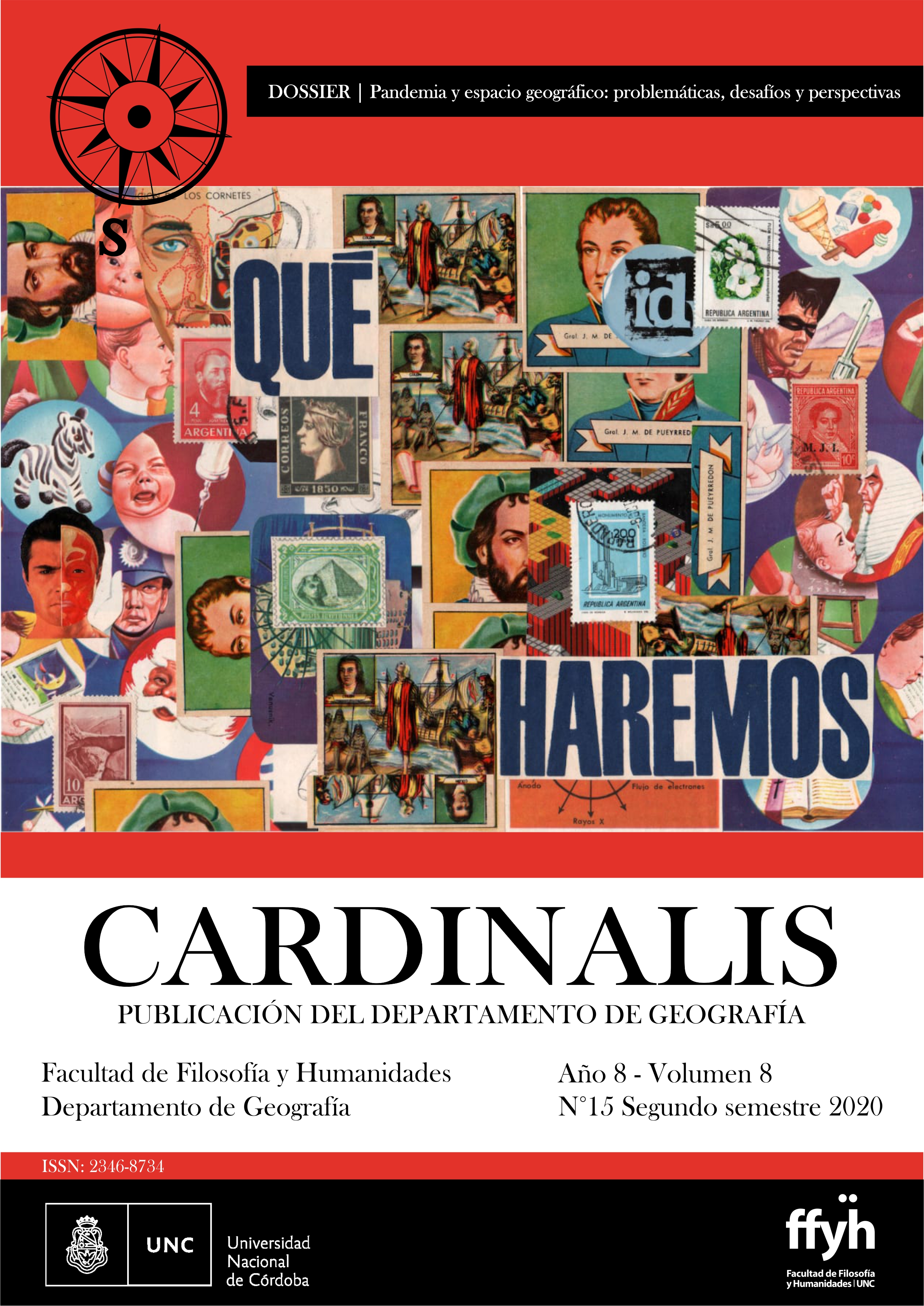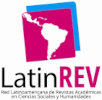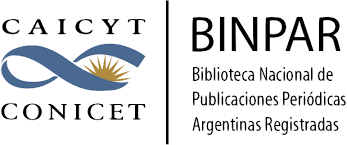Health territories and COVID-19: the El Monte neighborhood, Quilmes
Abstract
This document studies the response of the health system to the Covid-19 pandemic in the vulnerable neighborhood El Monte-Mataderos, Quilmes, in the south of Greater Buenos Aires (GBA) from the perspective of critical sanitarism that provides particular importance to primary care. The two antagonistic approaches are described: neoclassical new institutionalism based on the rational individual and sanitarism with a structuralist base, but which in recent years includes a diverse focus on subjectivity, fundamental for the analysis of the territory. With this framework, the problems of the health system in general and the GBA, in particular, are exposed, where lack of financing, design problems and the weakness of the State prevail in a territory, with high levels of poverty. And then we study the local health system in Quilmes, and the socio-economic reality and the relational- institutional framework in a particular territory, to see how the scheme established by the Nation, the province and the Municipality work to face the pandemic. The conclusions show that at the time of the start of the pandemic and beyond the effort made, primary care in general and in the neighborhood in particular, was weak and did not have the level of participation of the actors necessary to fulfill its mission, that made the answer difficult.
Downloads
Downloads
Published
Issue
Section
License

This work is licensed under a Creative Commons Attribution-NonCommercial-ShareAlike 4.0 International License.
Aquellos autores/as que tengan publicaciones con esta revista, aceptan los términos siguientes:- Los autores/as conservarán sus derechos de autor y garantizarán a la revista el derecho de primera publicación de su obra, el cuál estará simultáneamente sujeto a la Licencia de reconocimiento de Creative Commons (indicada abajo) que permite a terceros compartir la obra siempre que se indique su autor y su primera publicación esta revista.
- Los autores/as podrán adoptar otros acuerdos de licencia no exclusiva de distribución de la versión de la obra publicada (p. ej.: depositarla en un archivo telemático institucional o publicarla en un volumen monográfico) siempre que se indique la publicación inicial en esta revista.
- Se permite y recomienda a los autores/as difundir su obra a través de Internet (p. ej.: en archivos telemáticos institucionales o en su página web) antes y durante el proceso de envío, lo cual puede producir intercambios interesantes y aumentar las citas de la obra publicada. (Véase El efecto del acceso abierto).

Esta obra está bajo una Licencia Creative Commons Atribución-NoComercial-CompartirIgual 4.0 Internacional.






